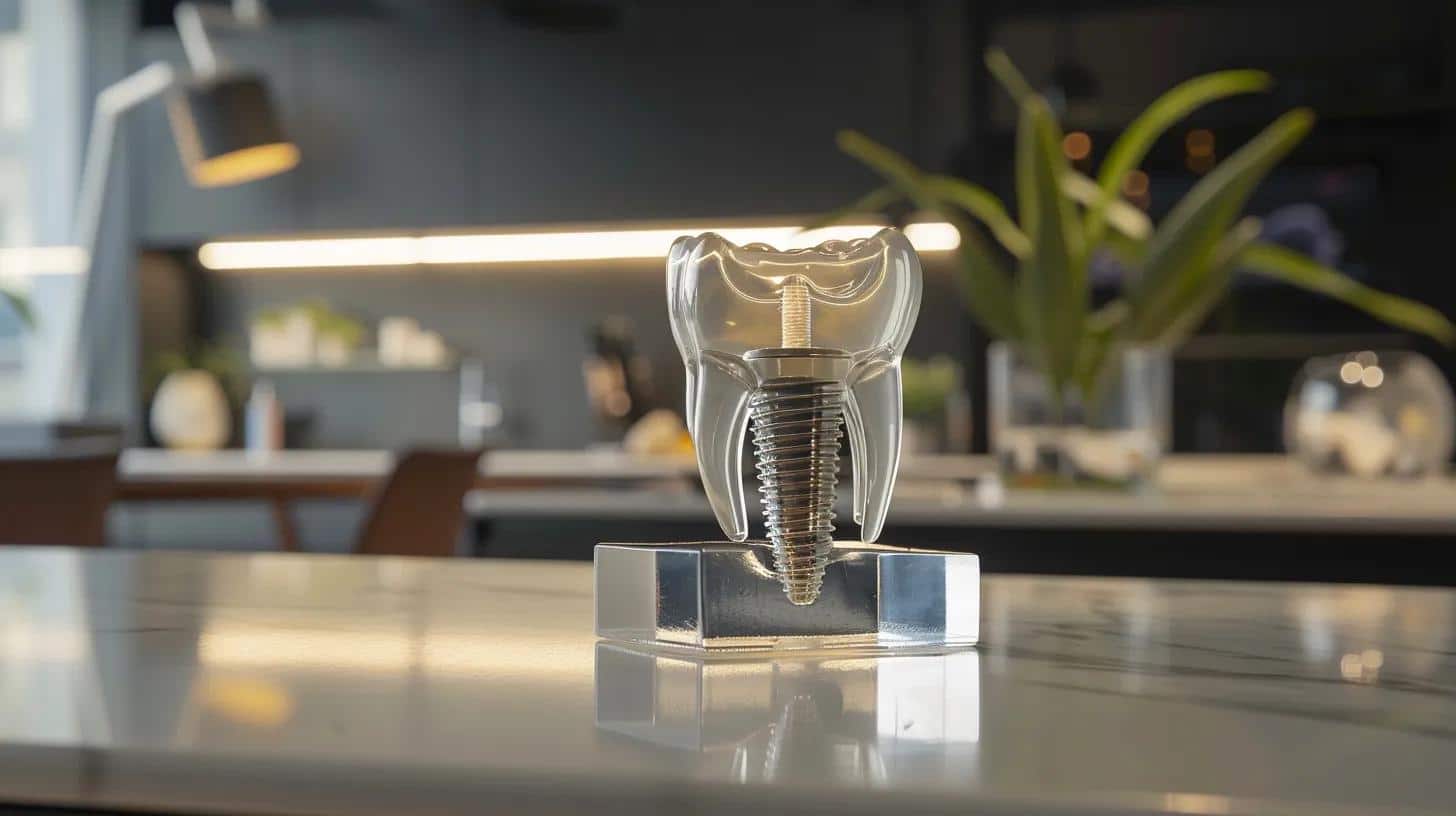Dental Implants: Avoid Hidden Fees and Interpret Your Billing
Understand the true costs of dental implants, including potential hidden fees. Gain insights and make informed decisions for your dental health in Lake Worth.

1470+ Google reviews
New patients Welcome! Extended hours!

Understand the true costs of dental implants, including potential hidden fees. Gain insights and make informed decisions for your dental health in Lake Worth.

Learn about dental implant costs in Lake Worth. Understand potential hidden fees to ensure informed decisions and avoid unexpected expenses in your dental care.

Uncover the truth about hidden fees for dental implants in Lake Worth. Understand costs and make informed decisions to achieve your desired smile today.

Uncover the truth about dental implant costs, including potential hidden fees in Lake Worth. Make informed decisions for your oral health with expert insights.

Uncover potential hidden costs for dental implants in Lake Worth. Learn about fees and what to expect for a smooth dental experience. Get informed today!

Uncover the true costs of dental implants and hidden fees in Lake Worth. This comprehensive guide helps patients navigate expenses and make informed decisions.

Uncover the truth about hidden fees for dental implants in Lake Worth. Learn what to expect financially for a clear dental care experience.

Explore typical dental implant costs in Lake Worth and understand pricing factors. Get informed on options to make the best choice for your dental needs.

Uncover the average cost of dental implants in Lake Worth, FL, and what factors influence the price. Make informed decisions for your dental health today.

Understand the costs of dental implants in Lake Worth with this essential guide. Learn about pricing factors and options to achieve a healthier smile today.
Dental implants are advanced dental treatments that serve as artificial tooth roots, designed to support crowns, bridges, or dentures. Made primarily from titanium, these implants are surgically placed into the jawbone, where they fuse with the bone over time through a process known as osseointegration. This integration ensures that the implant provides a stable foundation for replacement teeth, restoring function and aesthetics to those with missing teeth.
The procedure for dental implants typically involves several stages. Initially, the dentist performs a thorough examination and develops a treatment plan tailored to the patient's needs. Once the implant is placed, a healing period is necessary to allow for proper bonding with the bone, after which the final restoration is attached, completing the process. Understanding how dental implants work can help patients make informed decisions regarding their dental health.
When considering dental implants, it's essential to understand the various costs involved in the process. The expenses can range significantly based on factors like the number of implants needed, the type of materials used, and the complexity of the case. Additionally, costs may include pre-surgical consultations, imaging tests, anesthesia, and follow-up appointments, making it crucial for patients to budget accordingly.
Many dental practices offer financing options or payment plans to help ease the financial burden of dental implants. Additionally, some insurance plans may cover a portion of the costs, depending on the specific circumstances and coverage details. It is advisable for patients to consult their insurance providers and the dental clinic to get a comprehensive understanding of all potential costs associated with dental implants.
The recovery period after dental implant surgery plays a vital role in the success of the procedure. Patients can expect some swelling and discomfort following the surgery, which typically subsides within a few days. It is crucial to follow post-operative care instructions provided by the dentist to promote healing, such as applying ice packs, sticking to a soft diet, and taking prescribed medications as needed.
During the recovery phase, regular follow-ups with the dentist will help ensure that the healing process is on track. It is common for patients to return for check-ups and possibly cleaning appointments as they heal. Staying vigilant about oral hygiene and following the dentist's recommendations can significantly affect the overall success of the implant and lead to a healthier, restored smile.
While dental implants are a popular option for replacing missing teeth, there are several alternatives that patients should consider, depending on their specific situations. Bridges and dentures are two common alternatives that can effectively restore function and aesthetics but may not offer the same longevity and stability as implants. It's important for patients to understand the pros and cons associated with each option to make the best-informed decision for their oral health.
In some cases, a partial denture may be more suitable for individuals who have multiple missing teeth but not enough to warrant full implants or bridges. Additionally, bone density and health conditions can influence candidacy for implants, making solutions like removable dentures more appealing for certain individuals. A thorough consultation with a dental professional can help explore the best choices tailored to individual needs and preferences.
